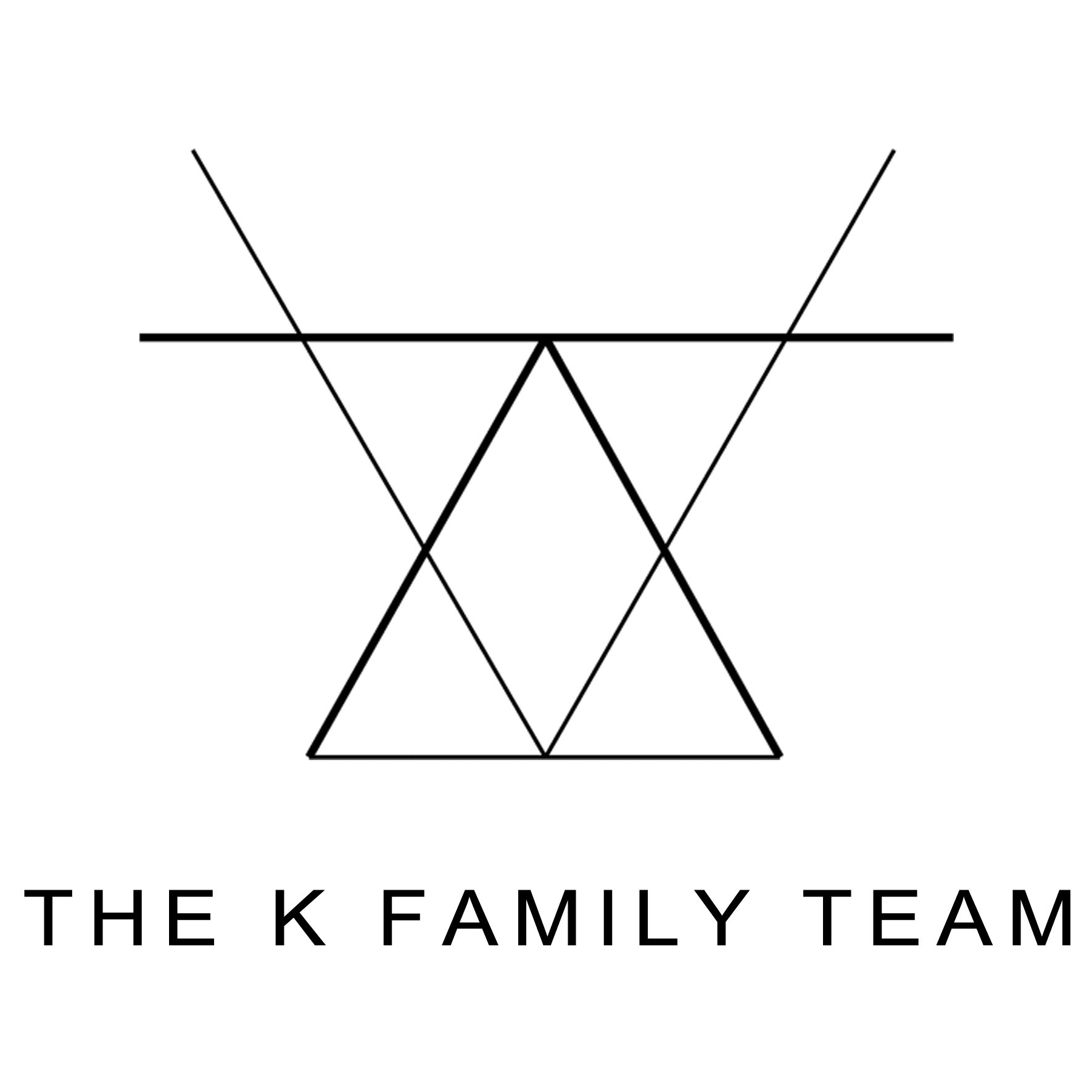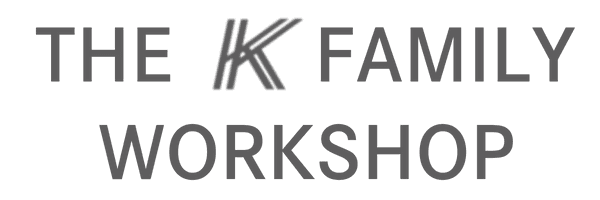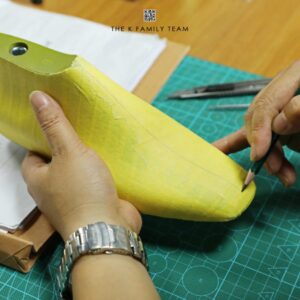Today, if you take a closer look at many high-end luxury shoe brands, you’ll notice that commitments to ethics and sustainability have become increasingly important. Consumers who invest in premium footwear do not want to imagine their shoes being produced in sweatshops under poor labor conditions. This shift highlights why understanding the ethical and sustainable manufacturing process behind a brand is so critical. Transparency in sourcing, fair treatment of workers, and eco-friendly materials now play a major role in shaping purchasing decisions. In this article, I’ll introduce you to some of the world’s most recognized ethical and sustainable shoe brands, explain what “ethical and sustainable” really means in fashion, and help you navigate the future of responsible footwear.
Why Sustainable Footwear Matters In 2025
By 2025, sustainable footwear is no longer a niche topic but a central trend in the global fashion industry. With the rise of eco-conscious consumers, people are not only looking for stylish and comfortable shoes but also paying attention to the values and social responsibility behind the products. They want brands that respect both the environment and the workers who make their shoes.
This shift is redefining the global footwear market. More and more brands are turning to eco-friendly materials such as recycled textiles, plant-based leather, and organic cotton to reduce reliance on traditional resources. At the same time, fair labor practices and safe working conditions have become essential, as consumers do not want luxury shoes associated with sweatshops. For example, Nike publicly refused to use Xinjiang cotton to emphasize its commitment to supply chain transparency and ethical sourcing. While controversial, this highlighted the growing responsibility and pressure faced by international brands.
In addition, certifications and supply chain transparency are becoming benchmarks of credibility. Labels such as B Corp, Fair Trade, and GOTS help consumers identify brands that truly uphold sustainability commitments. Publishing factory lists, carbon emission data, and production details is increasingly seen as standard practice.
Ultimately, sustainable footwear in 2025 represents more than just an eco-friendly option—it has become the new normal in fashion. When consumers choose sustainable brands, they are not simply buying shoes; they are making a statement in support of a greener future, social responsibility, and ethical fashion.
Criteria for Selecting Sustainable Shoe Brands
When evaluating sustainable footwear brands, consumers and industry experts generally focus on three core dimensions: materials, production practices, and certifications with transparency.
The first is materials. Responsible brands increasingly rely on recycled textiles, plant-based leather, and organic cotton, which reduce reliance on virgin resources and lower carbon emissions during production. For example, recycled plastic fibers can replace traditional nylon, while organic cotton avoids the heavy use of pesticides and chemical fertilizers. By contrast, materials with high environmental impact—such as untreated plastics or chemically intensive synthetic leather—are being phased out and are no longer favored by eco-conscious buyers.
The second dimension is ethical production. Truly sustainable footwear goes beyond the product itself and emphasizes fair labor and safe workplaces. Workers should be paid fairly, and manufacturing facilities must comply with health and safety standards. Today’s consumers do not want their shoes linked to sweatshops, so brands are under increasing pressure to uphold strong commitments in supply chain management.
Finally, certifications and supply chain transparency are becoming key indicators of credibility. International certifications such as B Corp, Fair Trade, and GOTS serve as benchmarks to verify a brand’s genuine sustainability efforts. In addition, transparency is now expected—leading brands disclose factory lists, carbon emission data, and production processes to earn consumer trust.
In short, choosing a sustainable shoe brand is not only a matter of personal preference but also an expression of responsibility. By prioritizing environmentally friendly materials, fair labor practices, and verified certifications, consumers play an active role in pushing the footwear industry toward a greener, more ethical, and more transparent future.
16 Best Sustainable Shoe Brands for 2025
Next, we’ll take a closer look at some of the world’s most recognized ethical and sustainable shoe brands. Each of these companies has earned global attention for their commitment to eco-friendly materials, fair labor practices, and innovative designs. From luxury fashion houses to everyday sneaker labels, these brands represent how style and responsibility can go hand in hand. Let’s briefly explore what makes each of them unique and why they stand out in 2025.
| Brand | Origin / Country | Eco-Practices | Signature Products |
|---|---|---|---|
| Allbirds | USA / New Zealand | Uses merino wool, eucalyptus fibers, and sugarcane-based soles | Wool Runners, Tree Dashers |
| Veja | France / Brazil | Organic cotton, wild Amazon rubber, fair trade supply chain | V-10, Campo sneakers |
| Rothy’s | USA | Shoes made from recycled plastic bottles, fully machine-washable | Flats, loafers, sneakers |
| Adidas x Parley | Germany | Collaboration with Parley for the Oceans, uses recycled ocean plastics | Ultraboost Parley, performance sneakers |
| Nisolo | USA / Peru | Ethical leather sourcing, living wages for artisans | Classic leather boots, huaraches |
| Native Shoes | Canada | Lightweight shoes made with recycled EVA, circular “Remix” recycling program | Jefferson slip-ons, Apollo sneakers |
| Toms | USA | One-for-One giving model, earthwise collection with sustainable materials | Alpargatas, casual sneakers |
| Thousand Fell | USA | 100% recyclable sneakers, take-back program, bio-leather alternatives | Classic lace-up sneakers |
| Stella McCartney | UK | Luxury vegan leather, cruelty-free, innovative plant-based materials | Designer sneakers, luxury boots |
| Ekn Footwear | Germany | Handmade in Portugal, organic cotton, vegetable-tanned leathers | Streetwear sneakers, eco-casuals |
| Saola Shoes | France | Recycled PET bottles, algae-based EVA soles | Lightweight casual sneakers |
| Cariuma | Brazil | B Corp certified, bamboo and organic cotton, reforestation program | OCA Low, IBI sneakers |
| Hoka (sustainable lines) | USA / France | Vegan sneaker lines, recycled mesh uppers, eco-packaging | Clifton, Bondi sustainable editions |
| Vivobarefoot | UK | Minimalist barefoot shoes, recycled PET, algae-based soles | Primus Lite, tracker hiking shoes |
| Everlane (sneaker line) | USA | Transparency in supply chain, sustainable sneaker range “Tread” | Tread Court Sneakers |
| Timberland | USA | Eco-Innovation: recycled rubber, organic cotton, tree planting initiatives | Earthkeepers boots, GreenStride sneakers |
How to Choose the Right Brand for Your Lifestyle
When choosing a shoe brand, many people focus only on style, but the real key is finding one that fits your lifestyle. Different occasions and routines call for different types of footwear. For example, if you enjoy fitness and casual fashion, athleisure brands will give you the perfect balance of comfort and trend-forward design. If you’re into hiking or outdoor adventures, outdoor brands are the better choice, with an emphasis on durability, traction, and support. Those who appreciate refinement and prestige may lean toward luxury brands, which represent not only superior craftsmanship but also status. For day-to-day needs, everyday wear brands provide a practical mix of comfort and affordability.
It’s also important to find balance between comfort, design, and sustainability. The best ethical and sustainable shoe brands don’t just use eco-friendly materials such as recycled textiles or vegetable-tanned leather—they also ensure proper fit and strong design aesthetics. This way, you can enjoy shoes that look good, feel good, and reflect your values.
Finally, think about price versus long-term value. Sustainable footwear may cost more upfront, but the quality and durability mean you’ll wear them far longer than cheaper alternatives. In the long run, investing in well-made shoes is more cost-effective and far better for the environment.
So, as you explore the 16 Best Ethical and Sustainable Shoe Brands, consider your lifestyle, your values, and your budget. The right pair will not only meet your daily needs but also express your individuality and commitment to a more responsible way of living.
What You Need to Know About Ethical Shoe Manufacturing
When it comes to ethical and sustainable footwear, understanding the manufacturing process is essential. The first priority is to look at labor rights. A responsible shoe manufacturer should ensure that workers’ hours are reasonable and not excessively long. Wages must meet legal and industry standards, protecting employees’ livelihoods and dignity. When evaluating a factory, it’s not just about efficiency or output—you also need to confirm that they truly follow labor laws and take social responsibility seriously.
The second key area is the source of raw materials. In recent years, global concern has grown over forced labor in supply chains. If the leather, cotton, or other materials used in a shoe are linked to exploitative or illegal practices, then no matter how beautiful the design, it cannot be called ethically made.
In addition, if you are planning to launch your own shoe line and are looking for a private label shoes manufacturer, it’s critical to review their commitment to ethics and sustainability. Ask whether they use eco-friendly materials, whether they hold certifications like BSCI or SA8000, and how transparent their supply chain practices are. These factors affect not only the quality of your shoes but also the long-term reputation and value of your brand.
Ultimately, ethical shoe manufacturing is about more than comfort and style—it reflects fairness, transparency, and responsibility across the entire production chain. Choosing the right partner ensures your products stand for both quality and integrity.





